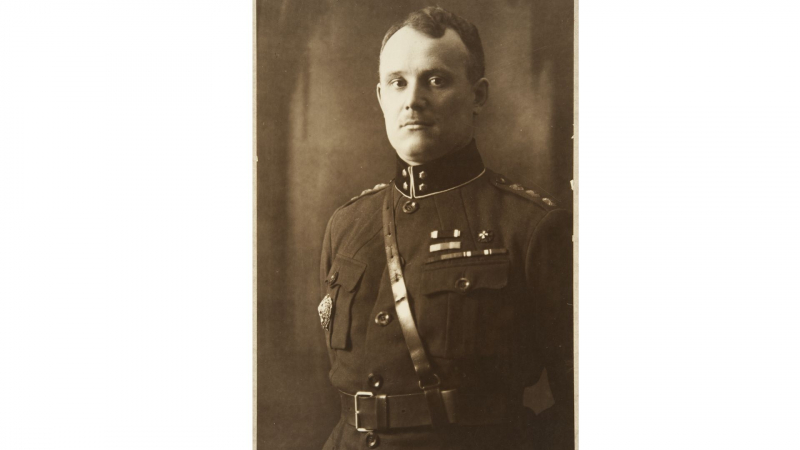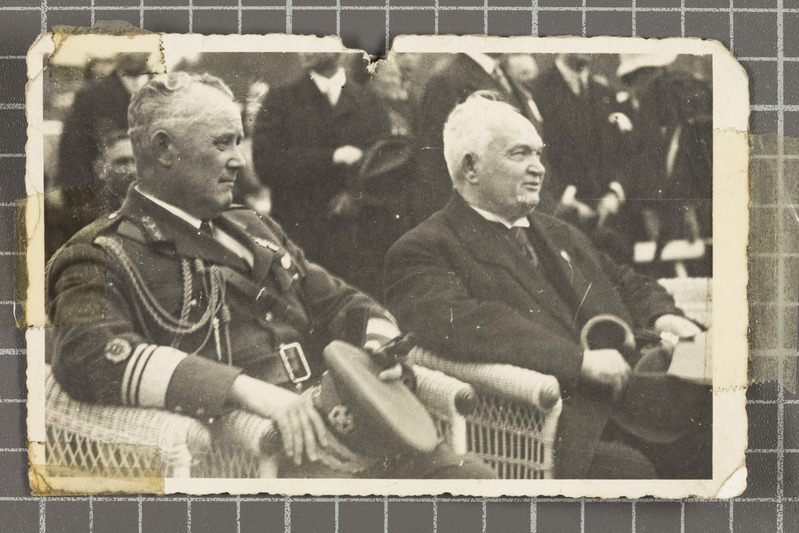Johan Laidoner
Johan Laidoner (February 12, 1884 – March 13, 1953) was an Estonian general and statesman. During the Estonian War of Independence, he served as CommanderinChief of the Estonian Armed Forces and was one of the most influential people in Estonian politics between the world wars. Laidoner, who was born in Viiratsi, Kreis Fellin, Governorate of Livonia, joined the Imperial Russian Army in 1901 and served in World War I. Following the 1917 Russian revolution, he commanded the Russian army's Estonian national units. In 1918, the Estonian Provisional Government appointed him commander-in-chief of the newly independent Republic of Estonia's armed forces.
Following the Estonian War of Independence, he was a member of the Riigikogu (Estonian parliament) from 1920 until 1929. He was appointed commander-in-chief again after the Communist coup attempt of 1924, and then again from 1934 through 1940. He was captured and sent to Russia after the Soviet conquest in 1940, where he died in jail in 1953. Laidoner had a critical role in quickly organizing and training the army, as well as developing an effective command structure within the armed forces. Laidoner sought to win vital triumphs - taking strategically significant highways and railway stations - using smaller and more mobile battalion- and company-sized formations, reinforced by armored trains and armored automobiles, learning from his experience with trench warfare in World War I.
Laidoner's reputation in Estonia has remained contentious; while hailed as a national hero for his leadership skills and success as a military commander during the War of Independence, he has been chastised for his support of Konstantin Päts, his involvement in the 1934 coup, and his surrender to the Soviet Union in 1940. Laidoner is commemorated with a number of monuments, memorials, and sites. That's all about the fourth most important historical figure in Estonia Toplist want to share with you!









